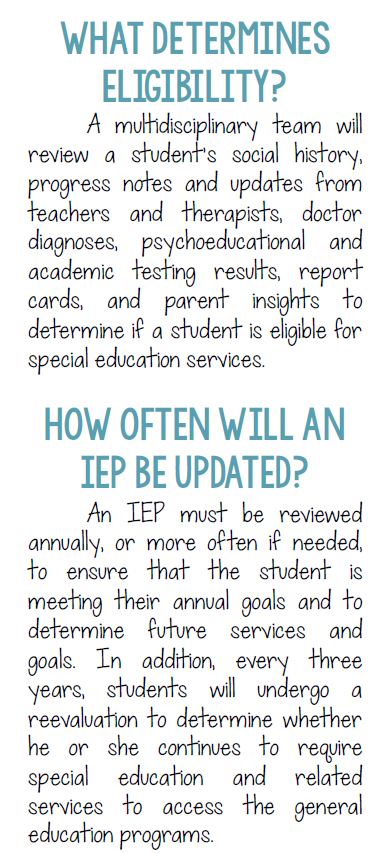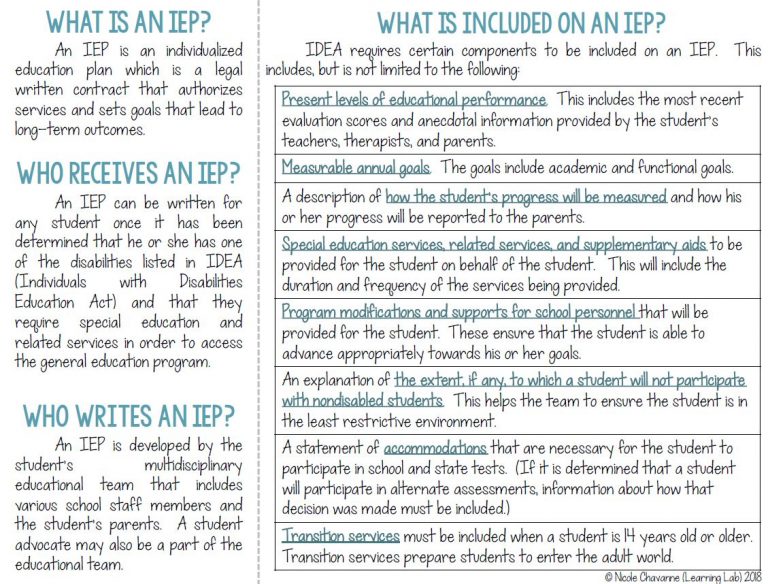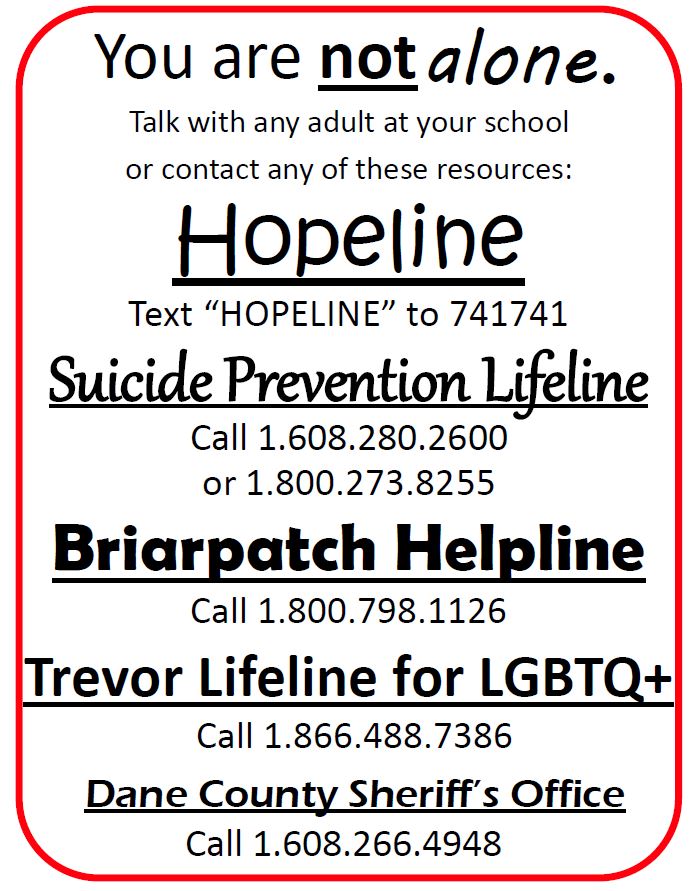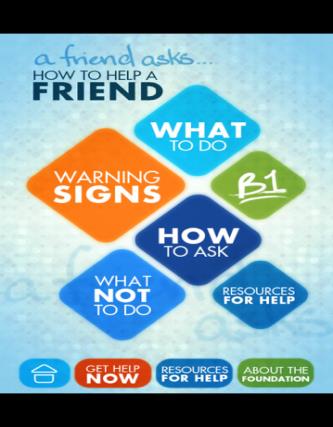Dr. Julie Horner-Girard - School Psychologist
Helpful Resources, Guides and Tools!
Disclaimer: not a substitute for professional help and care; not a district endorsement of specific resources.
Problem Solving and Special Education for Parents:


Parent Resources:
Resources, toolkits, and visuals to use with children and youth to help them grow up to be positive, resilient, compassionate, responsible, and confident human beings who strive to achieve great things in life.
PBS Parents is a trusted resource that’s filled with information on child development and early learning. It also serves as a parent's window to the world of PBS KIDS, offering access to educational games and activities inspired by PBS KIDS programs.
https://www.childbirthinjuries.com
Birth Injury Justice Center has compiled the most in-depth resources nationwide to help guide and assist families with disabilities caused by physical birth injuries.
Childhood Mental Health:
Resources and toolkits to help manage childhood mental health conditions, such as Anxiety Disorders, Depression, Attention Deficit Hyperactivity Disorder, Oppositional Defiant Disorder, Conduct Disorder, and other learning and behavior disorders.
General Mental Health:
http://www.mindyourmind.ca
Resources and tools to help manage stressful life events, mental health problems, relationship issues, etc.
http://TeenCentral.Net
Teens talking to teens about life-related issues (how to quit smoking, loss, stress, etc.). Website developed by KidsPeace\
http://www.yoomagazine.net
Topics include bullying, stress, and mental health.
Anxiety Problems:
http://www.anxietybc.com
A self-help approach to reducing anxiety – complete toolkit
http://ecouch.anu.edu.au
Information about emotional problems such as anxiety and depression – learn strategies that will help you with stressful life events.
Depression:
http://www.thelowdown.co.nz
Youth depression website. Get all the facts and treatment info. Talk to a
trained counsellor and hear other people's personal stories.
http://moodgym.anu.edu.au
A free self-help program for depression that teaches youth cognitive
behaviour therapy skills.
http://www.camh.ca/Publications/Resources_for_Professionals/Validity/ “Hear Me, Understand Me, Support Me: What Young Women Want You to Know about Depression”
http://www.mcf.gov.bc.ca/mental_health/teen.htm
“Dealing with Depression: Anti-Depressant Skills for Teens” - A guide for teens and adults that is intended to assist youth age 13 to 17 who suffer from depression or who believe they have an early or mild form of depression. Created by mental health experts and clinical psychologists from BC, the guide contains answers to many common questions about teen depression, interactive worksheets, and links to other sources of information.
Substance Use & Addictions:
http://www.camh.ca
Substance use, gambling problems, mental health issues
https://www.drugrehab.com/guides/parents/ https://www.drugrehab.com/support/resources-for-moms/
DrugRehab.com is a web resource provided and funded by Advanced Recovery Systems. The website provides researched, fact-based resources for free. Readers can learn about risks of various substances, the latest approaches to treatment and real stories of recovery on DrugRehab.com.
Sexual Health:
http://www.hc-sc.gc.ca/hl-vs/jfy-spv/youth-jeunes-eng.php
Informative Health Canada website on teen sexual health, development, issues related to being a teen.
http://www.youthline.ca
Anonymous & confidential site for lesbian, gay, bisexual and trans youth, and those who have questions.
LBGTQ+
Trauma in Childhood and Adverse Life Experiences:
Studies estimate 3.3 – 10 million children in the United States witness violence in their own homes each year (1). There is growing research on the psychological, emotional and neurobiological impact of trauma and highly stressful events. Trauma impacts all aspects of a child’s development, including emotional regulation, memory, cognitive processing, social skills, and physical health (2, 3, 4). Trauma can undermine children’s ability to learn, form relationships, and function appropriately in the classroom, including their development of language and communication skills, organization of narrative material, ability to understand cause and effect relationships and to take another person’s perspective, attentiveness to classroom tasks and executive functions (e.g., goal setting and planning, anticipating consequences), and ability to engage the classroom curriculum and instruction (1). These limitations make it challenging for these children to meet classroom learning expectations.
The principles of Trauma-Informed Care, a growing and powerful national movement in the human services system, hold great potential for helping people to recover from the effects of adverse childhood experiences (5). Their application in schools can help to create supportive school environments with positive relationships that empower trauma survivors to flourish and learn to their potential. These changes can help schools to support all children in the development of healthy coping strategies and resilience in facing future struggles.
RESOURCES:
Helping Traumatized Children Learn (June 2007). Massachusetts Advocates for Children: Trauma & Learning Policy Initiative. Available at http://www.massadvocates.org/trauma-learning.php.
The Impact of Trauma on Learning (June 2006). The Citizen Commission on Academic Success for Boston Children. Accessed 5-06-11 from http://www.michigan.gov/documents/mde/Zenti_-_The_Impact_of_Trauma_on_Learning_9-09_311457_7.pdf.
The Effects of Trauma on Schools and Learning. National Child Traumatic Stress Network. Accessed 5-06-11 from http://www.nctsnet.org/nccts/nav.do?pid=ctr_aud_schl_effects.
Steele, William. Trauma’s Impact on Learning and Behavior: A Case for Intervention in Schools. May 2007. Accessed 5-06-11 from http://www.tlcinst.org/impact.html.
Welcome to the National Center on Trauma-Informed Care. Substance Abuse and Mental Health Services Administration. Accessed 5-06-11 from http://www.samhsa.gov/nctic/.
Adverse Childhood Experiences (ACEs) Study. Centers for Disease Control and Prevention. Accessed 5-06-11 from http://www.cdc.gov/ace/index.htm.
ACEs Connection - https://www.acesconnection.com/
ACES Aware - https://www.acesaware.org/
Stress Health - https://www.stresshealth.org/
Suicidality: Awareness, Prevention and Intervention:
See list below for programs and services that focus on information about the awareness and prevention of youth suicide.
Center for Disease Control: Suicide
Center for Disease Control: Youth Risk Behavioral Surveillance System
WATCH THIS DOCUMENTARY MADE BY WISCONSIN STUDENTS:
You're Not Alone: A documentary and suicide-prevention toolkit
https://www.jsonline.com/in-depth/news/2019/05/17/youre-not-alone-documentary-suicide-prevention-toolkit/3590785002
Crisis Help:
If you are in crisis or know someone who is in crisis, talk to someone, get help, or call 911.
National Suicide Prevention Lifeline
We can all help prevent suicide. The Lifeline provides 24/7, free and confidential support for people in distress, prevention and crisis resources for you or your loved ones, and best practices for professionals.
People call to talk about lots of things: substance abuse, economic worries, relationships, sexual identity, getting over abuse, depression, mental and physical illness, and loneliness, to name a few.
Other helpful websites and helplines:
THE TREVOR PROJECT (LGBTQ Crisis and Suicide Hotline) – 866-488-7386
VETERANS CRISIS LINE – 1-800-273-8255
TEEN CRISIS LINE – 310-855-4673
HOPELINE TEXT SERVICE – Text “HOPELINE” to 741741

Thanks for viewing my school page. Happy to support your child in their personal and academic development!


